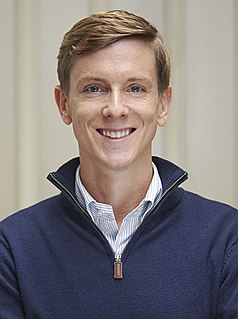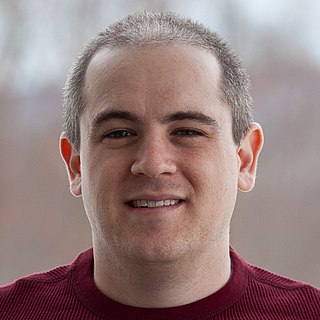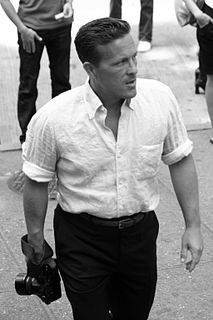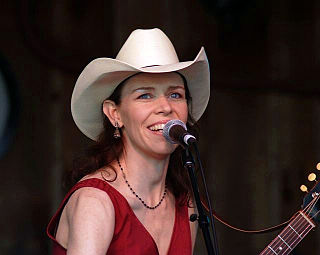A Quote by Chris Hughes
What's really interesting is the introduction of the tablet - not just the iPad, but the Nook and the Kindle. While they aren't going to solve all of our problems, I do think they make it easier for people to pause, linger, read and really process very important ideas.
Related Quotes
That was a really interesting series [Threshold ] that I think would've been really great had it continued. I know Brannon Braga, who was running the show at the time, had a lot of really interesting ideas for what was going to happen the second, third, fourth, and fifth seasons, and they had it really planned out what was going to go on. But CBS just decided to pull the plug on it.
I really don't find revivals very interesting because I like new work a lot. I feel like if you're going to pay me, then let me do what I do and let me try to solve some problems. Let me try to make something fly. Why would I do something that everybody has already done the hard work on? But that's me. Tons of people do revivals really well.
Teaching and writing, really, they support and nourish each other, and they foster good thinking. Because when you show up in the classroom, you may have on the mantle of authority, but in fact, you're just a writer helping other writers think through their problems. Your experience with the problems you've tried to solve comes into play in how you try to teach them to solve their problems.
There is this thing called the university, and everybody goes there now. And there are these things called teachers who make students read this book with good ideas or that book with good ideas until that's where we get our ideas. We don't think them; we read them in books. I like Utopian talk, speculation about what our planet should be, anger about what our planet is. I think writers are the most important members of society, not just potentially but actually. Good writers must have and stand by their own ideas.
Everybody's version of style is totally different and that's what I think keeps me going out on the street everyday is going out and kind of seeing the variations and what things maybe I'd never seen quite that way that I find very curious and how people will be able to communicate their own persona through their clothing, their posture, the way they wear their hair. I think all those elements end up becoming very interesting because I don't think I'm really particularly a people person. So for me I think it's interesting to kind of be able to read people in that way.
Each person comes to have this musical experience, this moment with us, where they get to sink into our world for a little while. It’s this very unhurried world. It’s fairly quiet, it’s contemplative, but it can be quite panoramic. I think people think interesting thoughts at our shows, and they go rather deeply into some personal experience of their own. I’m really proud that our music seems to connect, because it’s not for everybody. But for the people that our music works for, it really gets down pretty deep in there.
I really need to know where I'm going with fiction to write it in a way that at least I'm happy with. And I really think that a lot of fiction books end badly because terrific writers said, "I'll just figure it out" and plunge in, but have created so many problems that they are kind of impossible to solve. I mean, I'm talking really good writers do this and you can tell when they got to the end they either had to do something preposterous or they just don't really resolve things. So for fiction I spend a lot more time outlining and for humor I really don't do much of it.



































